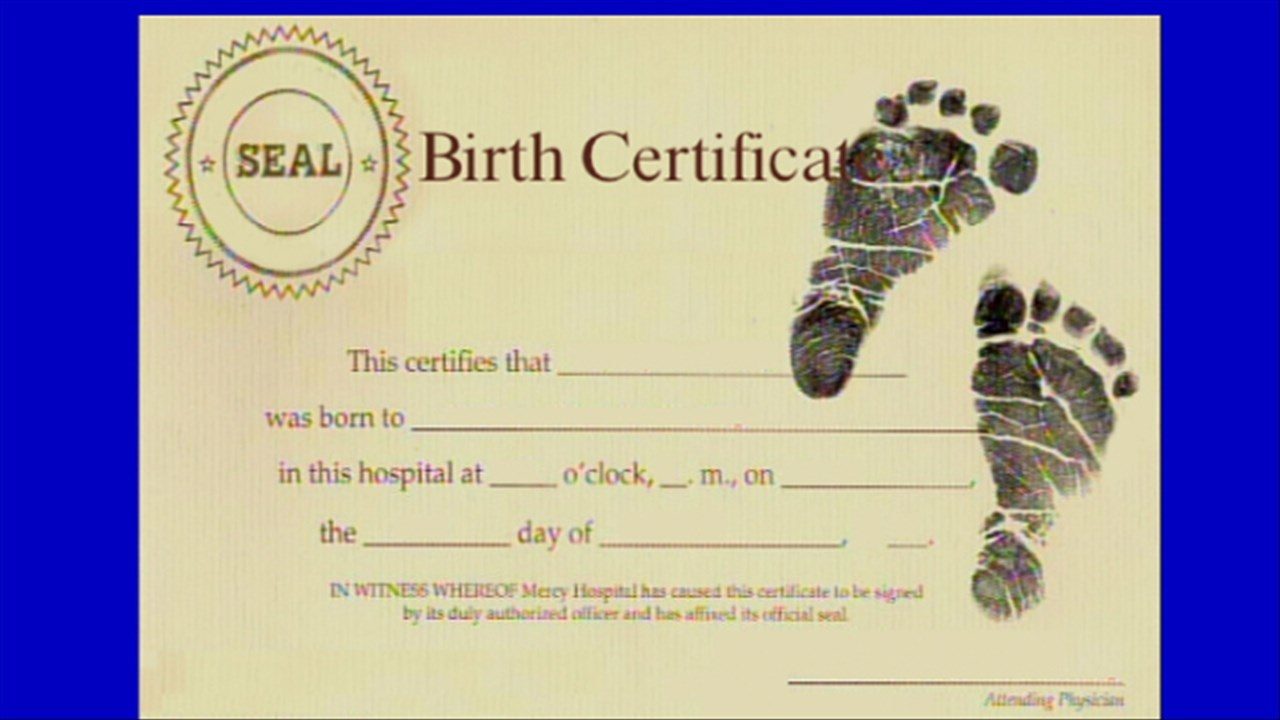Judge: Anti-transgender birth certificate law violates order

BOISE, Idaho (AP) - Idaho officials' latest attempt to ban transgender people from changing the gender on their birth certificates violates a court order issued two years ago, a federal judge said.
U.S. Magistrate Judge Candy Dale first ruled in 2018 that a law barring the birth certificate changes was unconstitutional, and she banned state officials from implementing it. Earlier this year, Republican lawmakers passed new legislation that did largely the same thing.
That law signed by Republican Gov. Brad Little went into effect on July 1. It set strict criteria for changing gender on a birth certificate, including a requirement that a person first obtain a court order, and only allowed people to seek the court order if the sex listed on their birth certificate was mistakenly entered, entered fraudulently or under duress.
As a result, the state Department of Health and Welfare created procedures to implement the new law, including revising an application form and the department's instructions for changing the sex listed on a birth certificate.
In her order Friday, Dale said the new procedure does the same thing as the old one by effectively preventing transgender people from changing the sex on their birth certificates.
"The plain language of the statute, as quoted, forecloses any avenue for a transgender individual to successfully challenge the sex listed on their Idaho birth certificate to reflect their gender identity," Dale wrote.
Lambda Legal represented two transgender women who filed the original lawsuit that led to Dale's first ruling. The advocacy group successfully argued the state's ban on birth certificate changes for transgender people violated their constitutionally protected right to privacy, liberty and freedom from compelled speech.
"It is astonishing that the Idaho Legislature and Gov. Little plowed forward with resuscitating this dangerous and archaic ban in direct defiance of multiple court orders that repeatedly ordered the government to stop discriminating against transgender people," said Nora Huppert, an attorney with Lambda Legal. "What was discriminatory in 2018 remains discriminatory today."
Spokespeople with the Department of Health and Welfare and the governor's office did not immediately respond to requests for comment.
Another anti-transgender law passed this year also is being litigated. It bars transgender and intersex girls and women from competing in women's sports. Boise State University student Lindsay Hecox is suing the state in federal court, contending the law is discriminatory and would prevent her from trying out for the women's cross country team because she is transgender.






